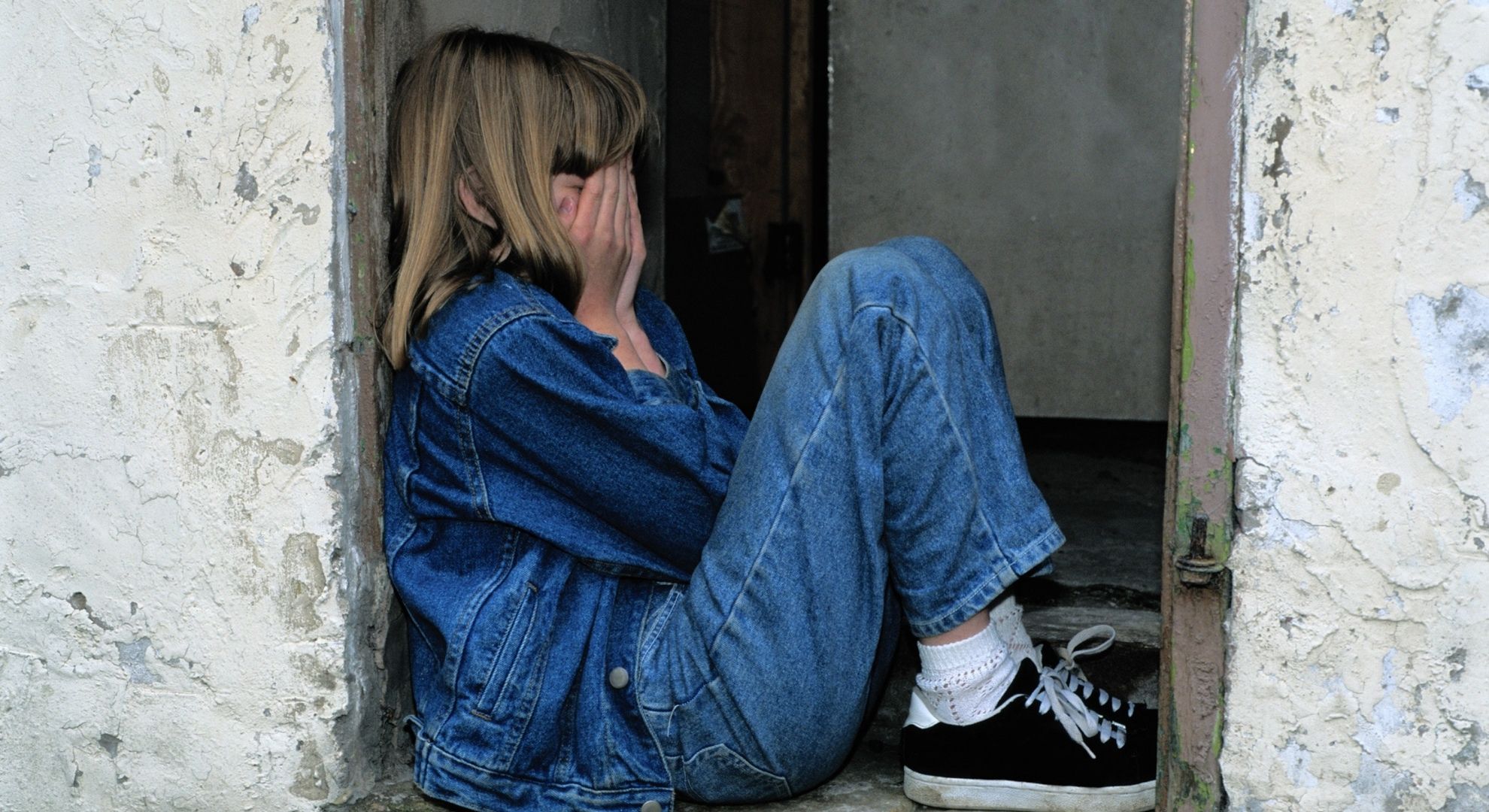Most people say that the happiest and most memorable phase of existence is childhood. Many consider this to be a critical period to learn new things and develop as a person.
Unfortunately, not everyone goes through a happy childhood. Many of us still carry a number of emotional baggage inflicted by past traumas that were encountered during our developing years.
Having a painful or traumatic childhood may be connected to some of the known problems most adults have or relate to these days. According to research, adults who encountered neglect, abuse, and family issues in their childhood are more likely to have these types of adult problems:
Different forms of anxiety
When a person is exposed to various difficulties during childhood, it’s more likely for this person to develop depression and anxiety. Based on the study about Childhood Trauma and Its Relation to Chronic Depression, terrible childhood experiences like sexual, emotional, or physical forms of abuse and neglect have been found to have an association with the emergence of anxiety disorders. This is due to their inability to manage their emotions as a result of traumatic events.
Anger issues or aggressive behavior
A rough childhood can also result in developing anger management problems. According to a research, anger is a response to extreme childhood trauma. Children often internalize anger when they feel powerless against adults who inflict pain on them. The distress that they have can turn into a wave of intolerable anger that they can’t manage in the future.
Social phobia
Adults who experienced bullying, rejection, and humiliation when they were young may develop an excessive fear of being put into social situations.
Slower brain development
According to a research on the Biological Effects of Childhood Trauma, painful experiences among children can lead to learning disabilities, low self-esteem, impaired social skills, sleep disruptions, or problems with attention and focus.
Difficulty in finding purpose in life
Most of the time, a rough childhood can be one of the fundamental reasons why adults will have a hard time finding purpose in life. It’s inevitable to always think of the worst-case scenarios as a response to the agonizing youth experience.
A bad childhood experience has devastating effects on one’s personality, but always remember that this is not the end of the journey. Quoting one of this article’s resources: The trauma experience cannot be reversed, but trauma responses can be neutralized.
/VT
Other POP! stories that you might like:
People named Michael are most likely to leave 5-star reviews in the Philippines
Commentary: Be mindful of what you emulate from your fave celebrities
TWICE wants a love like a ‘MOONLIGHT SUNRISE’ in a dreamy MV for their pre-release single



